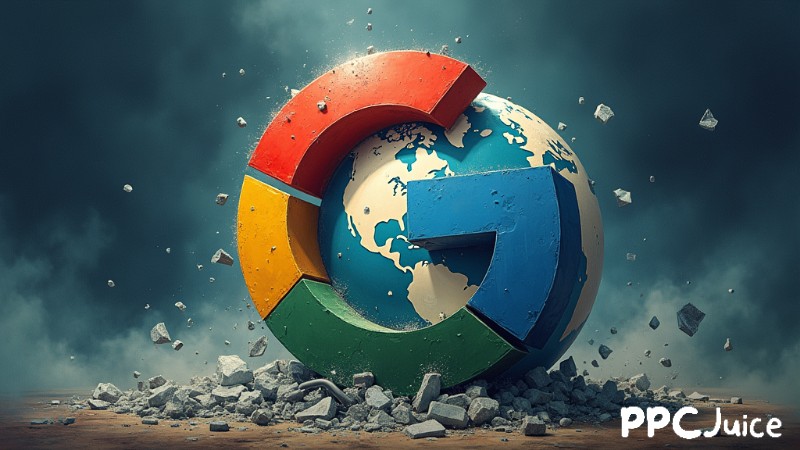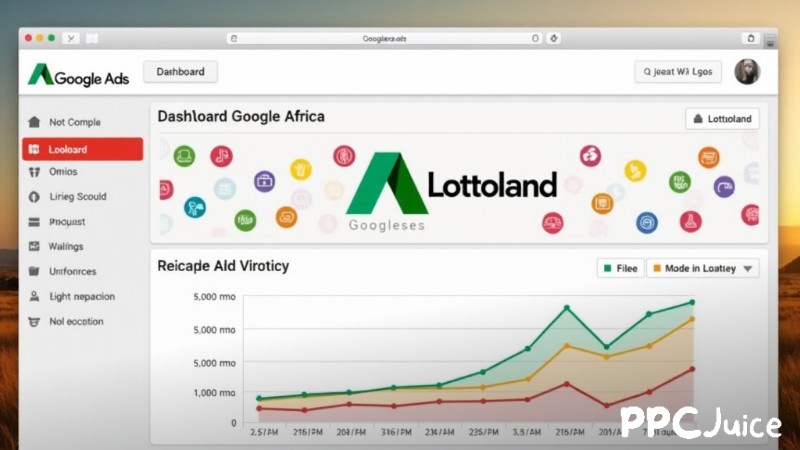
Google is facing a series of legal challenges that threaten to reshape its business model, particularly in the fields of online advertising and search. Amid growing concerns over monopolistic practices, the tech giant is under increasing scrutiny from both US and Canadian regulators.
These competition lawsuits, which have the potential to disrupt Google’s operations and the wider digital advertising landscape, underscore the rising global trend of regulatory action against Big Tech firms.
Key Takeaways
Google is facing growing antitrust scrutiny over its market dominance in online advertising and search, with potential consequences for its business model and the wider digital advertising landscape.
- Google’s alleged monopoly in digital advertising has led to accusations of inflating ad prices and limiting revenue opportunities for publishers, particularly news organisations struggling with profitability.
- The US Justice Department’s antitrust lawsuit against Google could result in significant changes to its operations, including a forced divestiture of key ad services, which would impact the company’s ability to control the online advertising space.
- A ruling against Google could prompt broader regulatory changes worldwide, including in the EU, and reflect a growing demand for more ethical practices from tech companies, prioritising privacy, transparency, and fair competition.
Google’s alleged monopoly in digital advertising
The US Justice Department’s competition lawsuit accuses Google of monopolising online advertising auctions, inflating ad prices, and limiting revenue opportunities for publishers, especially news organisations struggling with profitability. Google’s control over its ad tech tools like DoubleClick and AdX restricts publishers’ ability to use alternative platforms, reducing competition and choice.
Solicitor Aaron Teitelbaum argues that Google’s dominance creates a “walled garden” that stifles innovation, leading to inflated prices and unfair competition. In defence, Google points to competition from Meta, Amazon, and TikTok, arguing that the digital advertising market remains competitive. Dan Taylor, Google’s global ads VP, asserts that regulators are overlooking this broader competition.
Despite these defenses, the case has the potential to lead to significant changes in how Google operates. Remedies could include a forced divestiture of key ad services, which would have a profound impact on the company’s ability to control the online advertising space. If the court rules against Google, the restructuring of its advertising business could send shockwaves through the industry, disrupting a multi-billion-dollar market.
Many businesses use Google Ads for their marketing strategies, and there are numerous Google Ads case studies that highlight the effectiveness of the platform in reaching targeted audiences. However, with these legal challenges looming, the landscape of digital advertising could change, impacting how advertisers utilise Google Ads and other platforms for their campaigns.
Legal Challenges Intensify in Canada
While Google is already embroiled in the US lawsuit, it is also facing legal challenges in Canada, where the Competition Bureau has accused the company of monopolistic behaviour in the digital advertising market. The Bureau’s investigation focuses on Google’s alleged practice of tying its ad services, limiting competition and restricting choices for advertisers and publishers.
Global impact of Google’s antitrust issues
The outcome of these legal battles could impact not only Google but also the global digital advertising industry. A ruling against Google could prompt broader regulatory changes worldwide, including in the EU, where concerns about monopolistic practices are already growing.
These lawsuits also reflect a rising demand for more ethical practices from tech companies. Pressure is mounting on tech giants to prioritize privacy, transparency, and fair competition, especially as alternatives like DuckDuckGo and ChatGPT offer users new ways to engage with digital content.
Future implications for Google and digital ads
Google’s battles in both the US and Canada highlight a pivotal moment in the tech industry. If found guilty of monopolistic practices, Google could face forced divestments, stricter regulations, and a restructured approach to how it handles online advertising. These potential outcomes could have a ripple effect on the entire digital advertising landscape, influencing how online ads are bought, sold, and managed.
Moreover, the rising competition from AI-driven platforms and search engines could further challenge Google’s market position. As consumers and businesses increasingly turn to alternative platforms that prioritize privacy and provide more transparency, Google will need to adapt its business practices to maintain its leadership in the industry.
The legal proceedings against Google are not only about maintaining fair competition in the digital space; they represent a larger global movement toward regulating tech giants. With the outcome of these lawsuits set to shape the future of online advertising and digital competition, all eyes are on the courtroom as the legal battles unfold.

